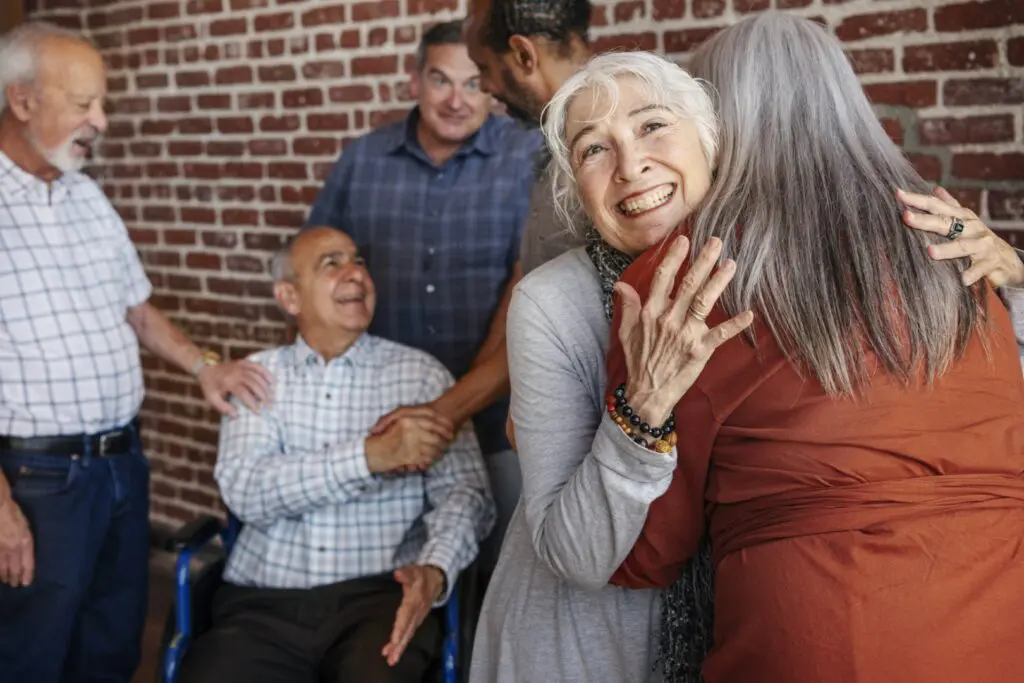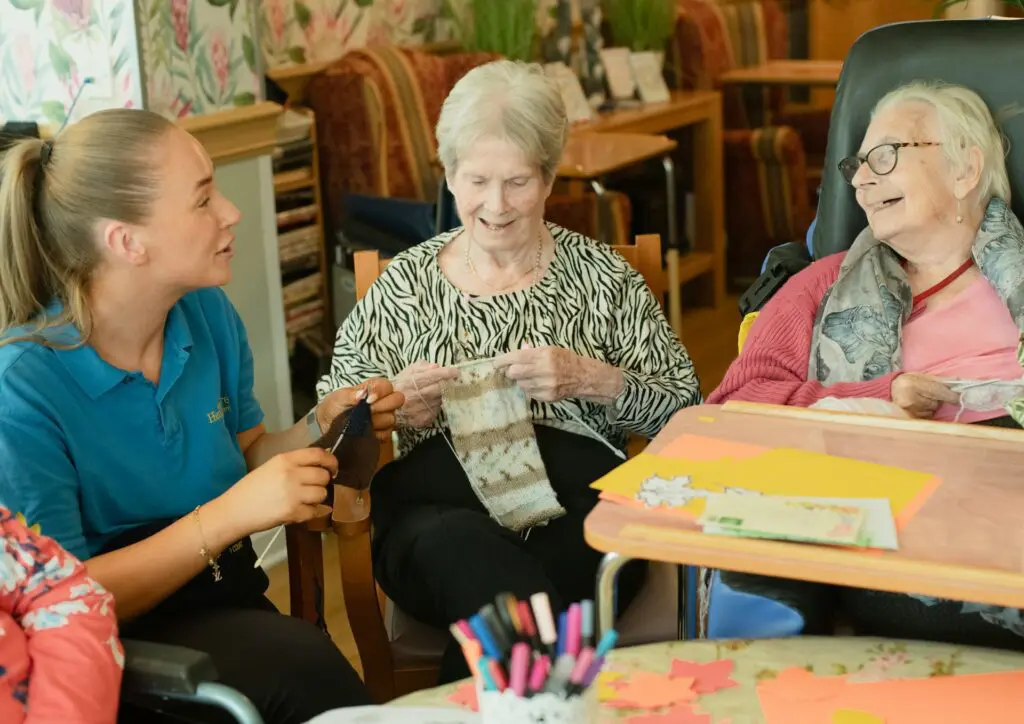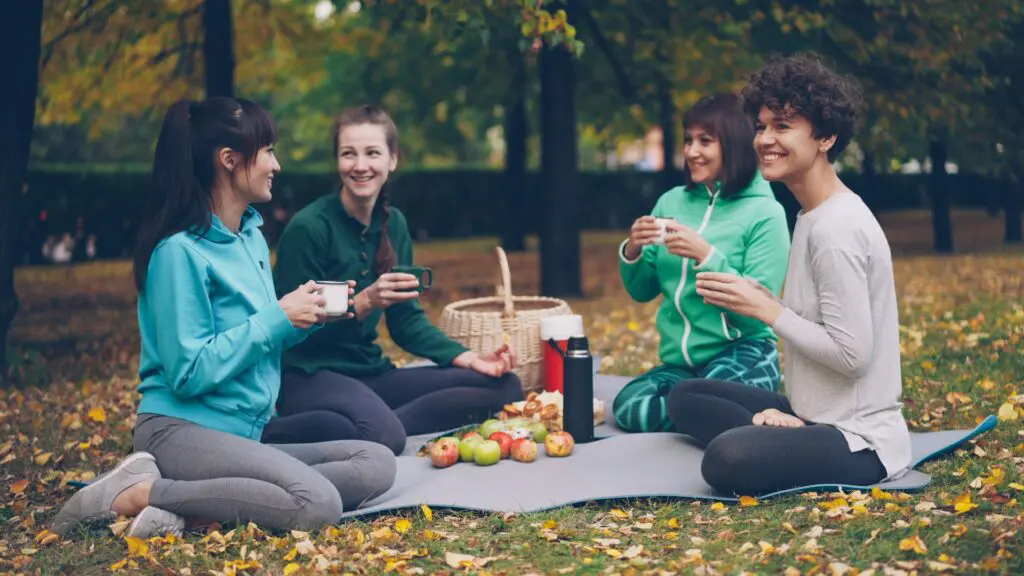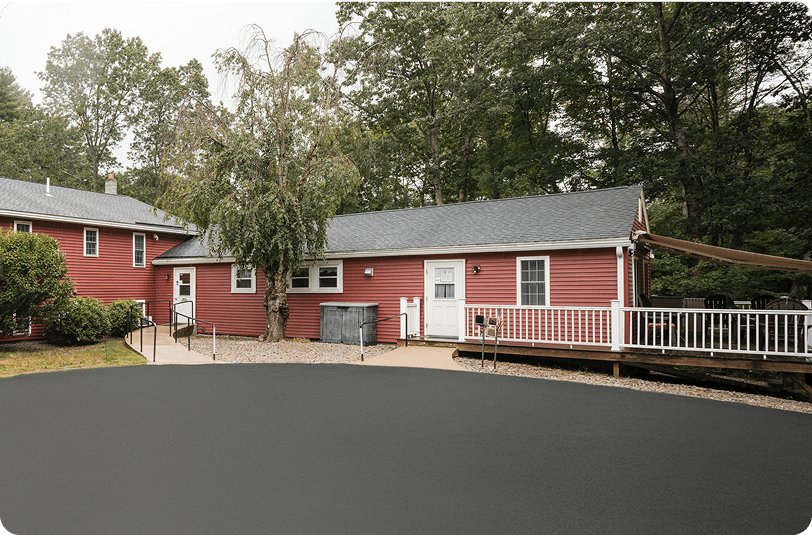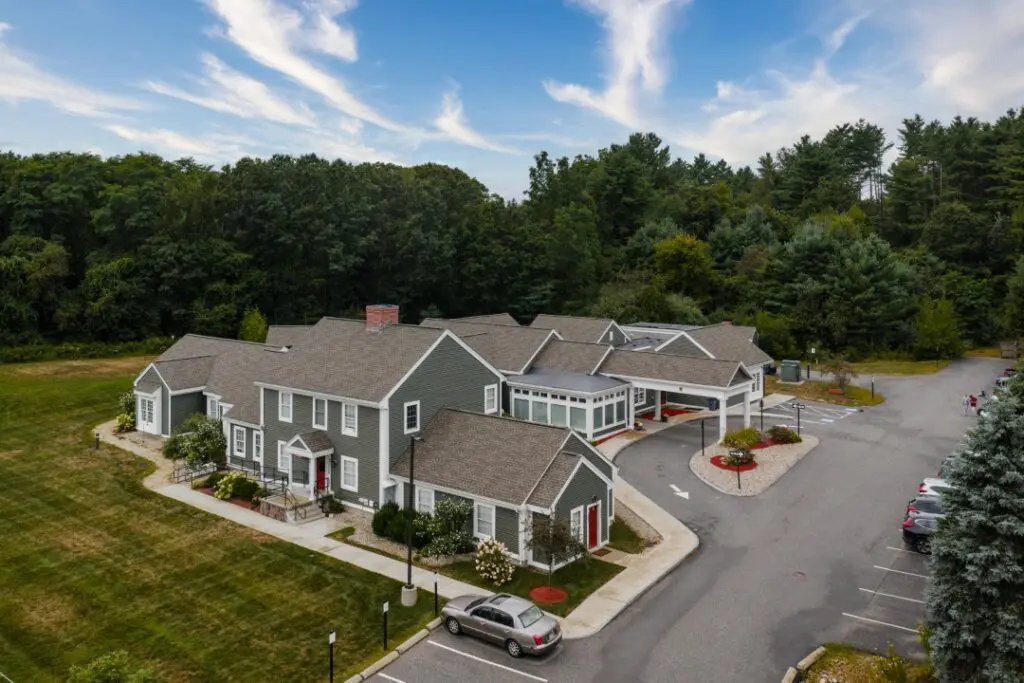We’ve all been there: a song from your youth comes on the radio and even though you haven’t thought about the song in decades, you find yourself singing every word or humming every note. Music is an important part of how we interact with the world around us. In addition, it doesn’t seem to be impacted by memory loss and dementia the way many other everyday things are.
How Music Impacts Memory
Non-verbal senses are highly linked to memory (this is why things like taste or smell often evoke specific memories). The same seems to be true of music, which, even if it has words, is encoded in the brain differently from language. This seems to be why people can remember music so efficiently and for such long periods of time, even when they may suffer from dementia.
Because music can elicit memories that the listener associates with it, listening to older music can help increase lucidity among people with memory loss, helping them to remember details or even just positive feelings associated with the songs.
Listening to Music Benefits Elders
Whether they are experiencing memory loss or not, elders benefit substantially from listening to music. One of the key benefits of listening to music is that it offers avenues for socialization. Loneliness can be difficult for many elders, especially those who are extroverted but have more limited mobility or energy. When listening to music in a group, elders can socialize across language barriers—when listening to music from their youth, they may find new connections and make new friends.
Music & Movement
Another benefit of music is that it encourages movement! Dancing or even swaying to the beat can help a listener become more engaged with their surroundings and get more exercise. It can also offer more opportunities for socializing if couples or groups choose to dance together. Recalling or re-learning older dances that were popular in the past also offers a way to connect elders with their memories.
Benefits of Playing Music
Finally, we can’t forget to discuss the benefits of playing music, as well as listening. Whether dusting off an old guitar or developing brand new skills at the piano, playing instruments is great for the brain and the body. For aging people who may have struggles with arthritis or other mobility issues, there are many instruments to choose from—and there’s always singing!
Whether you’re singing or dancing, listening or playing, music can bring energy and joy.


